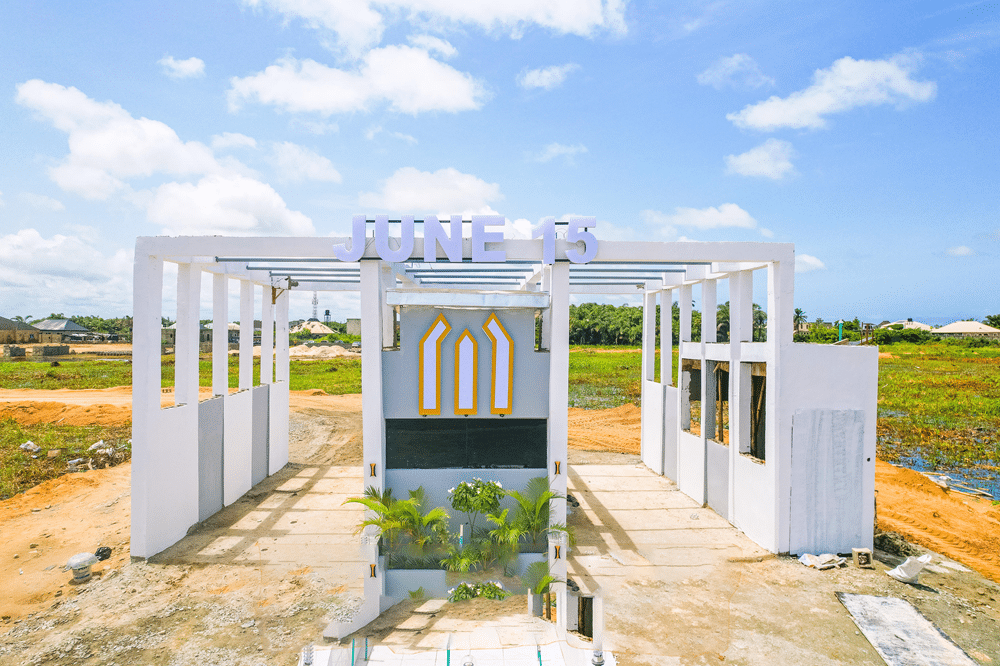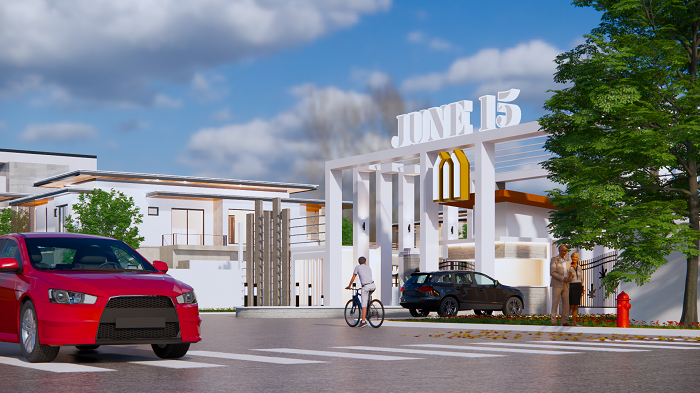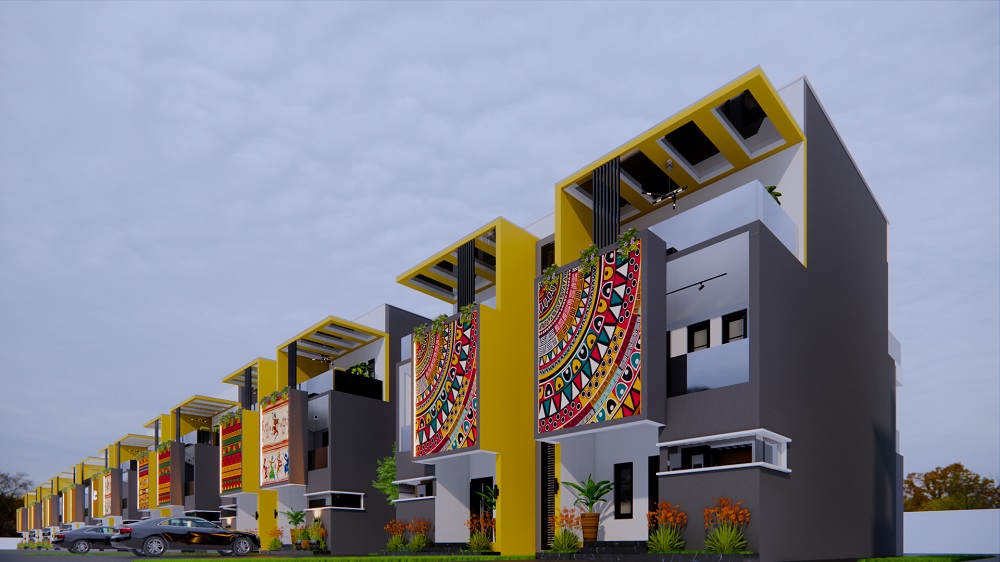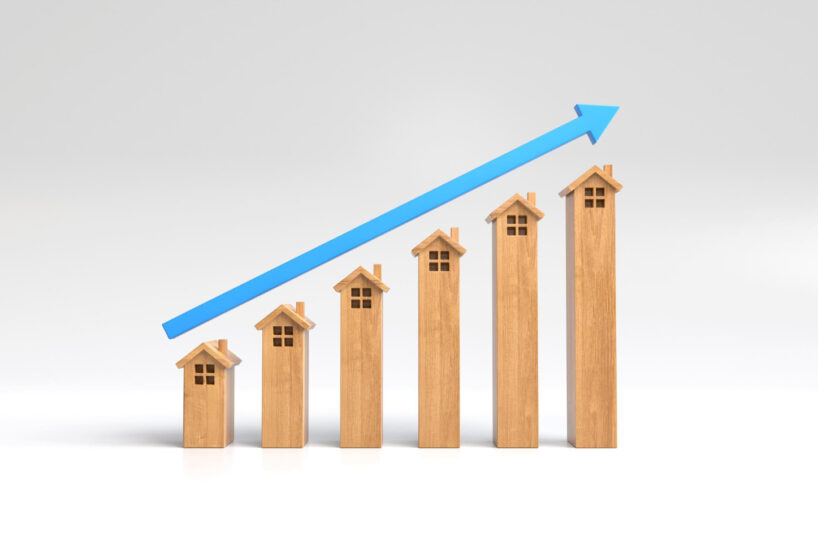Real Estate Market Trends in Nigeria: Predictions for the Year 2024
As we step into a new year, the Nigerian real estate landscape is poised for significant shifts and transformations. The year 2023 was marked by various economic factors, global influences, and local developments that have set the stage for intriguing trends in the real estate market in 2024. In this blog post, we will delve into the key predictions for the real estate market in Nigeria this year.
- Rising Demand for Affordable Housing:
- With an increasing population and a growing middle class, there is a predicted surge in demand for affordable housing solutions. Developers are expected to focus on creating housing options that cater to the diverse needs of this expanding demographic.
- Technology Integration:
- The adoption of technology in the real estate sector is set to accelerate in 2024. From virtual property tours to blockchain-based transactions, the industry is embracing innovative solutions to enhance the overall customer experience and streamline processes.
- Focus on Sustainable Development:
- Sustainability is becoming a key consideration in real estate development. Both developers and buyers are expected to prioritize eco-friendly practices, energy efficiency, and green building designs. This shift is not only driven by environmental concerns but also by the desire for long-term cost savings.
- Rural-Urban Migration Impact:
- The ongoing trend of rural-urban migration is likely to influence real estate dynamics. Cities are expected to witness continued demand for housing and commercial spaces, leading to urban expansion and potentially driving up property values.
5. Co-Working Spaces on the Rise:
-
- The way we work is evolving, and this is reflected in the real estate market. Co-working spaces are anticipated to gain prominence as more professionals and businesses opt for flexible and collaborative working environments.
6. Government Policies and Infrastructure Development:
-
- Government policies and infrastructure projects will play a crucial role in shaping the real estate market. Investments in road networks, public transportation, and other essential infrastructure will impact property values and accessibility, influencing investment decisions.
7. Foreign Direct Investment (FDI):
-
- Nigeria remains an attractive destination for foreign investors, and the real estate sector is no exception. Increased foreign direct investment is anticipated, contributing to the development of large-scale projects and boosting the overall growth of the market.
In conclusion, the real estate market in Nigeria is poised for an exciting and transformative year in 2024. From the integration of technology to the emphasis on sustainability and the evolving preferences of the population, these predicted trends offer a glimpse into the dynamic future of real estate in the country. As investors, developers, and homebuyers navigate this evolving landscape, staying informed about these trends will be key to making strategic and informed decisions this year and in the upcoming years.











